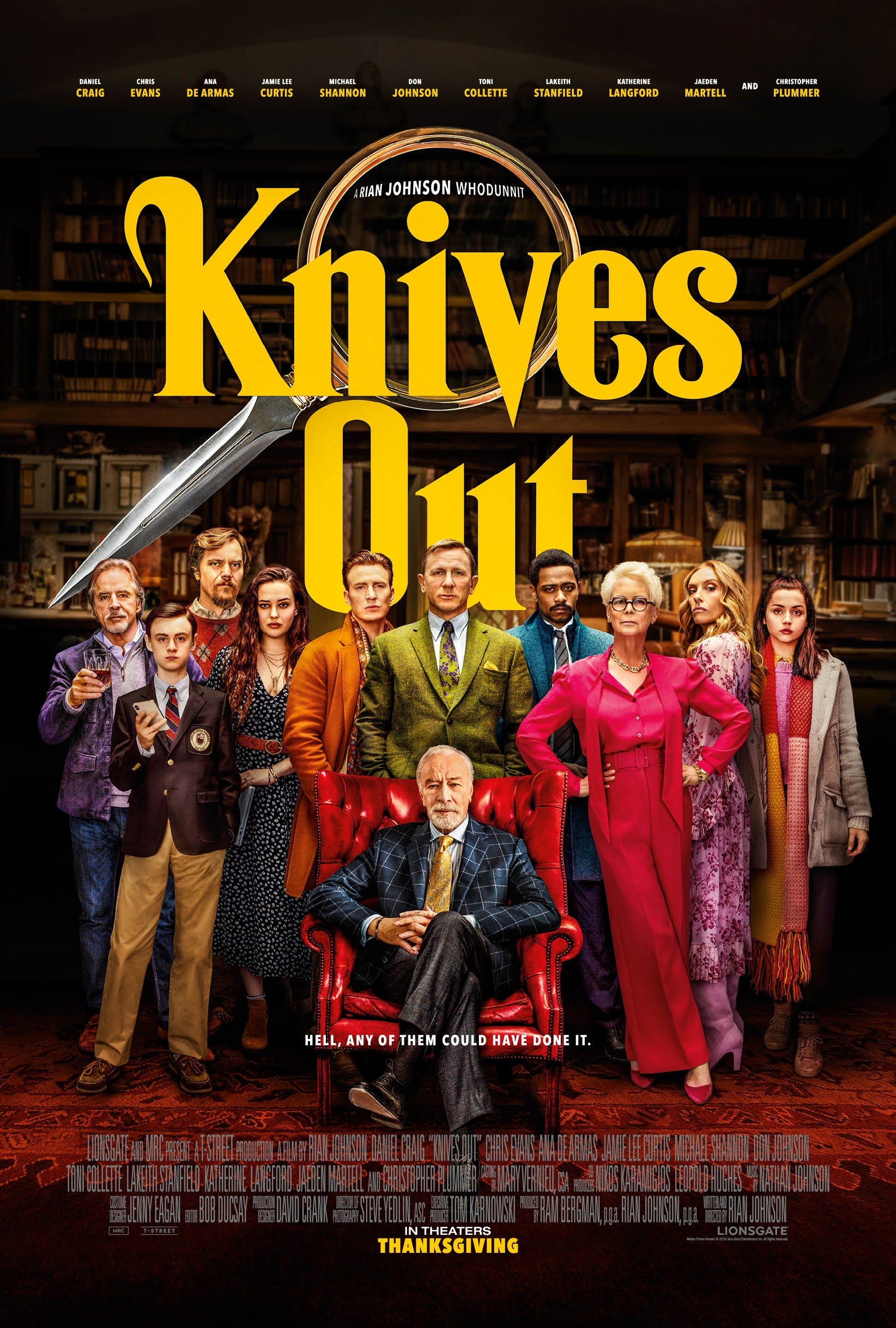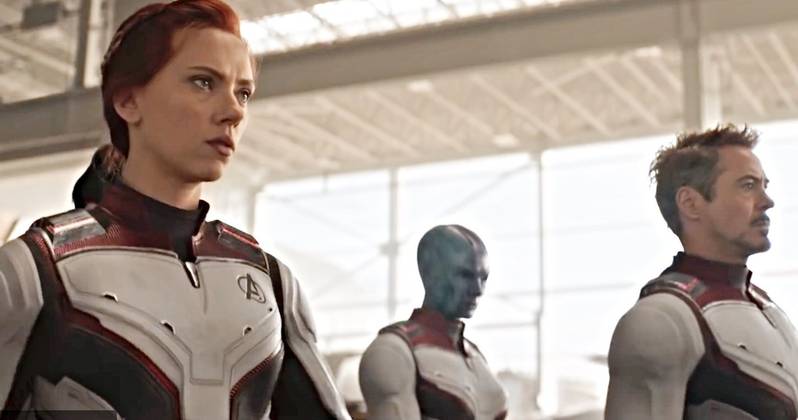Avengers: Endgame - How Does *SPOILER* Work?
**WARNING: MAJOR SPOILERS FOR AVENGERS: ENDGAME LIE AHEAD. YOU HAVE BEEN WARNED.**
Avengers: Endgame left little to be desired when the credits began to roll. We had satisfying conclusions to the two main characters' arcs, as Tony finally got the opportunity to rest and Steve got to live the life that he deserved. And the final hour and a half of the film will probably be remembered in history as one of the greatest parts of any comic book movie ever. But one question has arisen from the ashes of Endgame; how does the time travel actually work?
To be completely transparent, I personally believe the Russos and Markus and McFeely (screenwriters for Avengers: Infinity War and Avengers: Endgame) don't quite understand their own mechanics either. They've gone on record in interviews and have contradicted each other. And to be fair to them, time travel is one of the messiest plot devices ever in film. It's been tried before, and what we've come to realize is that in order to make time travel work, you should essentially follow two principles: 1) make it as simple as possible so the audience can understand it, and 2) follow your own rules.
It turns out, though, that Avengers: Endgame doesn't follow either account. Now, with that mind, I would like to personally interject and say that I think that the payoff and the rewards for fudging the rules and finding loopholes was well worth it. Without bending their own rules, Steve Rogers wouldn't have gotten his happy ending, and while, yes, I think it should have been done a different way, there was no other way to end Captain America's story.
Examining the intricacies of the story and what the characters explain throughout the movie, this is what I believe the Russos were intending for the rules of time travel to be.
- Traveling to the past does not affect your PRESENT self. When you travel to the past, you affect that "reality" but not your own, meaning you could essentially mess up that reality but not affect your own.
- However, as the Ancient One explains, once a major event is tampered with, that reality that is affected (ie, 2012 New York) will branch off and become an alternate reality
- Meaning, when Loki took the Tesseract, the reality no longer became in the same streamlined reality as the 2023 Avengers (more on this later)
- So in order to maintain that reality, Steve Rogers would have had to give all the stones back in the moment they were taken as to avert suspicion and thus keep the flow of time
These assumptions are all explained by various characters throughout the film (Tony, Bruce, and the Ancient One). But, going back to what I said earlier, in order to make time travel effective, you have to follow your own rules.
And while a few these points that I'm about to make don't blatantly break the rules, they leave the door open a little too widely. Absolutely, they can be explained later, and I believe they will be, but the fact remains that as of right now, they don't fit.
When the Avengers (Tony, Scott, Bruce, and Steve) fail to get the Tesseract, it turns out that Loki grabs it and runs. Which is fine and well, except the Avengers return to their present timeline, and all of a sudden, none of this makes sense. Let's assume Loki grabbing the Tesseract opens up a branch reality. The only way to close that is for Steve to go and get the Tesseract from him, take him back to the Avengers without being seen, and have him delivered back to Asgard so the events of Thor: The Dark World can play out. Again, this technically isn't breaking the rules, but it opens up a whole wormhole of possible explanations, which I'm sure Disney will be explaining in the Loki series.
But then that complicates things further. At the end of the film, Steve goes back in time to deliver the stones back to where they found them. There are actually quite a few problems with this. One of them being, the stones were taken from different points in time and in different locations, and there is no indication that Steve had multiple Pym particles and knew exactly how to get to each location. And even if he did, the fact of the matter is that he would have to go to 2014, 2013, and 2012 before heading back to the 1940s with Peggy. This doesn't line up with Bruce's comment of "He blew right by his time stamp". What does that mean? Does that mean Bruce sent him to a particular time in the past and as time went on he just continued right past where he was supposed to go? Again that opens an entire new can of worms.
But let's assume everything went swimmingly and Steve went back to 2012 to give the Tesseract back. Well, it turns out that there are now two realities existing; one in which loki has the Tesseract, and another in which the Tesseract was never lost in the first place. Because Loki didn't alter the current reality (since the events remained the same in the current timeline). So in essence, instead of Steve jumping back in time, he actually jumped into a different reality.
Which then begs the question - how did Steve live out his entire life and end up BACK IN THE CURRENT REALITY? That really undoes all of the explanations that were given earlier by the Ancient One and by Bruce in Avengers Headquarters. The writers have said that Peggy's husband all along was Steve Rogers, and that Cap was just completing a loop; that's fine, except that loop would have been completed in an ALTERNATE reality. Which is also fine (It really isn't, but we'll pretend it is) except then old-man Cap would never have been able to show up to the present, "Earth-616" reality.
What I'm trying to say, in all of this, is that time travel rarely makes sense. Avengers: Endgame tried hard to make it work, but ultimately it failed. And that's okay. If you're going into a time travel movie, you need to have some suspension of disbelief. The fact of the matter is that the payoff was well worth it. And so, while Avengers: Endgame failed in this one regard, it succeeded in so many more.
Avengers: Endgame is in theaters now.



No comments:
Post a Comment